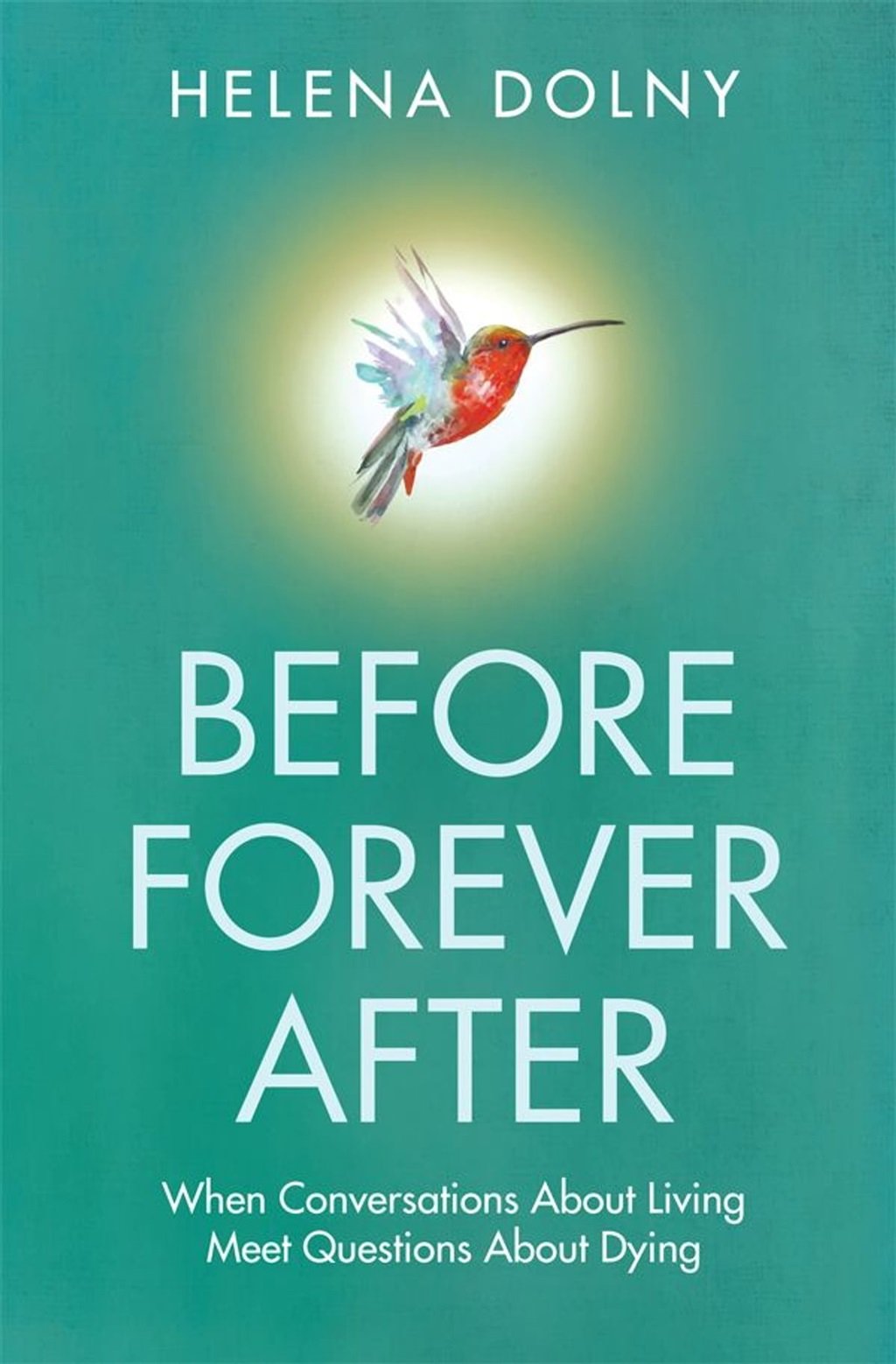
Live by Design is a weekly News24 column by Dr Helena Dolny and Mapi Mhlangu on mortality and the conversations around it.
I met a friend for lunch. Her response to the "how are you" query was: "The water levels are a bit high."
On saying this, tears came to her eyes and she dabbed them away. She'd lost a beloved pet. I listened to her story: The pet's symptoms of being unwell, her concern, her visits to the vet, her briefing a kennel owner about the pet's ill-health before leaving on holiday...
And then the anxiety when the kennel owner called to advise of a worsening condition and the need to return to the vet. In the end, my friend's daughter sat with her mother's pet as the vet carried out the euthanasia.
My friend quotes lines from John O'Donohue's poem On Grief:
When you lose someone you love,
Your life becomes strange,
The ground beneath you gets fragile,
Your thoughts make your eyes unsure...
It can be even harder when beloved animals die and we're absent – although I've heard comments that indeed it is our absence that creates the space for dying – and that can be true for humans as well. As a grief counsellor, I try to offer this perspective as an antidote to what O'Donohue calls "the flickers of guilt".
It was easy enough for me to tune into the prevailing mood of grief.
A month ago, on 19 March, I sent a WhatsApp message to a dear friend who lives in England. I asked if we could have lunch together on 15 June in the British Museum restaurant. I am a forward planner!
Later that day I received this response: "Hell! That is more forward planning that I have done in the past many years, but let's assume that it is okay. You will recognise me; I will be wearing a big smile on the stairs at the Russell Street entrance at 12.45."
The lovely turn of phrase brought a smile to my face as I entered the appointment into my diary.
But that lunch will never happen now. Last week, I received a phone call telling me that my friend had died. While I was a minor character in the large panorama of that person's life, my heart still aches and, in the words of my animal-loving friend, my water levels are also running a bit high.
And though this loss has wounded others too,
No one knows what has been taken from you...
So true; no one else can know what any particular loss means to you, whether it's the loss of a person, a pet, a job, a child leaving home to begin their independent life as a young adult.
Some people are judgemental and carry a mental hierarchy of grief, assuming that grief over the loss of a human ranks higher than the loss of a pet; the loss of a child ranks higher than the loss of a spouse or a parent.
My lived experience, as well as my theoretical learning as a grief educator, is that grief is grief no matter its source of origin. It hurts! It is also unpredictably different with each loss, although many of us will have similar experiences.
There are days when you wake up happy;
Again inside the fullness of life...
Suddenly, with no warning,
You are ambushed by grief.
O'Donohue urges that we be patient with ourselves; that we sit with the grief as it moves through us:
Sorrow will remain faithful to itself,
More than you, it knows its way.
My preferred approach to grief work is that of Canadian expert Thomas Attig. In his opus, How we grieve: Relearning the world, he describes how our losses can undermine the very essence of ourselves. Griefwork, he explains, requires us to relearn how we choose to engage with the world in the presence of the loss we've endured.
A person made redundant, for example, held a position which carried with it status and a set of relationships. The loss of the job requires their redefining their new identity. The owner of the deceased pet will return to an empty home, with no animal to greet them at the door. The young woman migrant who always returned to her mother's house, now orphaned, will miss her mother's caresses and her favourite dishes. What new patterns will each create to reshape their world and assuage the pain of the loss? Working through grief requires a rearranging of one's internal self – an acceptance of a new identity.
In my book, Before Forever After, I wrote of my dear friend Getti, whose beloved Alan died all too young of a brain tumour. They had shared a life for decades. Getti identified three losses: Losing the person you loved, losing the unique intimate self who you were in the eyes of that person, and losing social status.
Grief has no timelines. Experts say to give yourself a few years of expecting to be, on occasion, "thrown back onto the black time of loss", and that the first year, with its marking of the first anniversaries and first festive occasions, may be the worst.
Ultimately, you will be the architect of the life you choose to shape from that point of loss.
Want to read more articles in this series? Click here.
Disclaimer: News24 encourages freedom of speech and the expression of diverse views. The views of columnists published on News24 are therefore their own and do not necessarily represent the views of News24.




 Publications
Publications
 Partners
Partners













